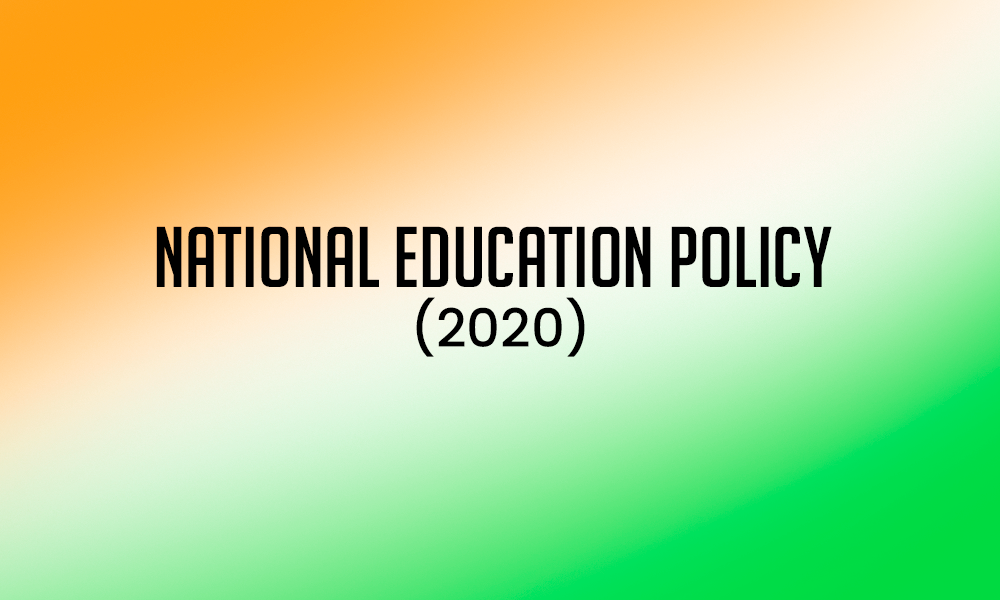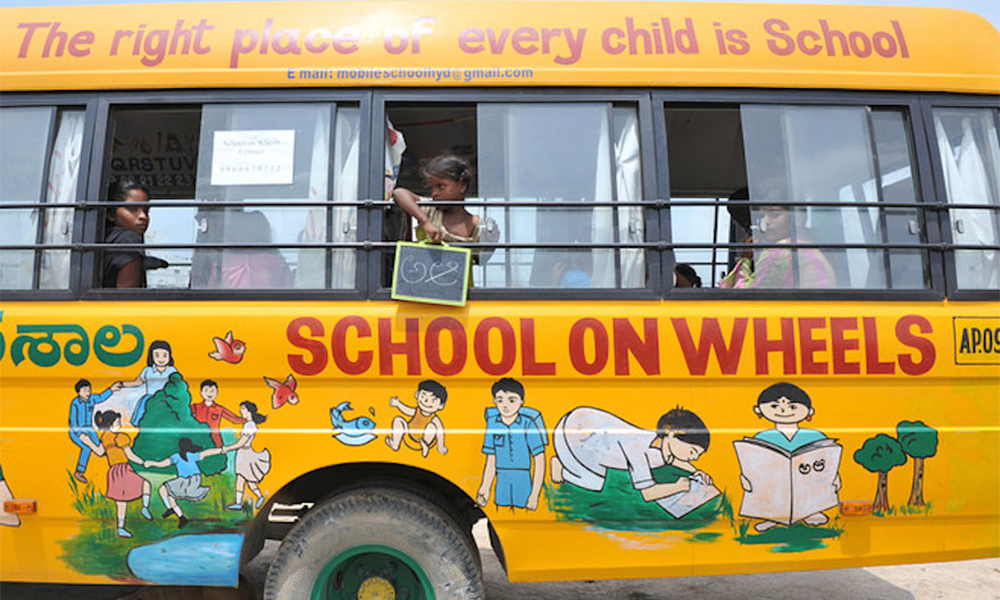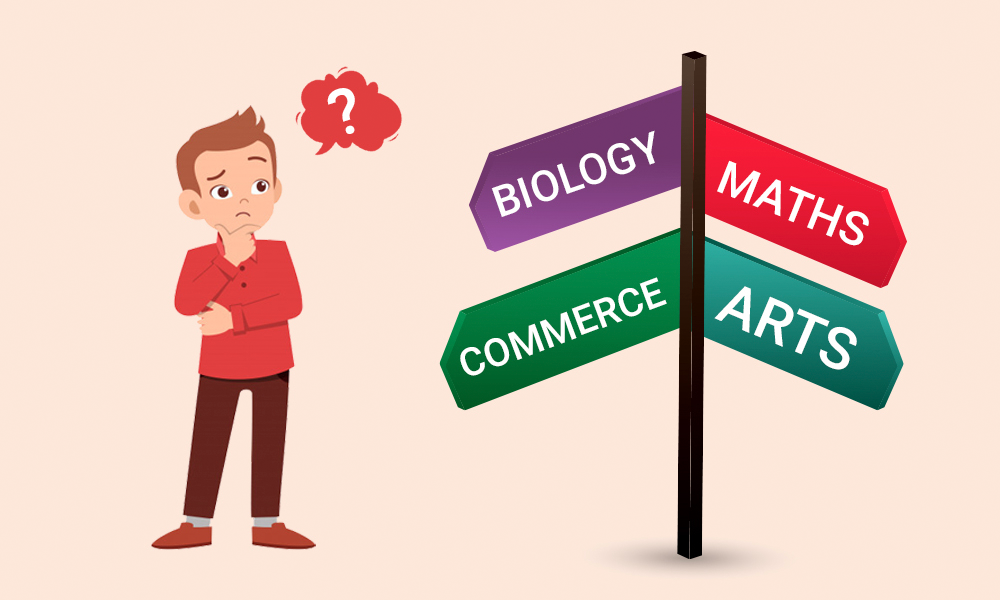The World Bank (WB) estimates there are around 260 million children out of school globally. Millions who are in school have not developed the basic skills to read and do simple calculations. In last some decades access to schooling has increased, but learning outcomes remain poor. The World Bank calls it a 'learning crisis.' The crisis is prominent in developing countries.
In India, around 54.75 million children are lacking basic literacy and numeracy. Basic literacy enables one to read simple text. If you have mastered basic numeracy, you should be able to do basic sums and subtractions.
Leaving out children keeps our communities and nations from realising their full potential. A wide pool of skills and talents is lost, and with it, many will lose any prospect of a dignified life. The WB notes “the learning crisis undermines sustainable growth and poverty reduction.”
The NEP’s emphasis on developing literacy and numeracy in the early years reflects recognition of the loss of human capital and its impact on our society. It makes sense to devise an education policy all the up to higher education only when we’ve ensured basic learning skills have been developed.
Universal foundational literacy and numeracy by 2025
Ensuring every child is able to read simple text and make simple calculations by grade 3 will be an 'urgent national mission.' The policy will put resources in place to achieve one hundred percent universal foundational literacy and numeracy. A National Mission on Foundational Literacy and Numeracy will be founded.
Bridging the teacher demand-supply gap
Many regions have a chronic shortage of teachers. The policy will accelerate appointing teachers and will make the process time-bound. The focus will be on socio-economically disadvantaged and underserved areas.
Pupil-to-students (PTR) ratio will be reduced. Especially, in disadvantaged areas or areas with low literacy rates. Local teachers or teachers familiar with the local language will be given preference. In disadvantaged areas, a PTR of 25:1 will be maintained. The policy takes a PTR of 30:1 for an average school.
Teachers will undergo continuous professional development to impart these skills.
The policy encourages peer tutoring and community participation. Peers will teach under the supervision of a trained teacher, and trained volunteers from local communities will also help to teach foundational skills.
Redesigned curricula
Early grade curriculum will stipulate specific hours daily and regular activities to foster skills like reading, writing, counting and mathematical thinking. Continuous assessment will help understand students’ needs. As a result, teachers will be able to provide individualised learning.
Resources
Fun and inspiring books will be developed in local languages. It will encourage students to learn in their preferred languages and remove the language barrier. These books will be available in schools and public libraries.
Public and school libraries will be expanded to encourage reading. School libraries will be set up in villages. And a National Book Promotion Policy will be formulated.
Resources to aid basic literacy and numeracy will be available on the DIKSHA app. Extensive use of technology will help teachers to attain the goal.
Nutrition and health
Breakfast and mid-day-meal will provide nutrition.
Trained social workers, counsellors, and community involvement will ensure children get nutrition, and physical and mental health care. Regular health check-ups will monitor pupils’ well being




